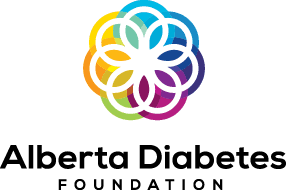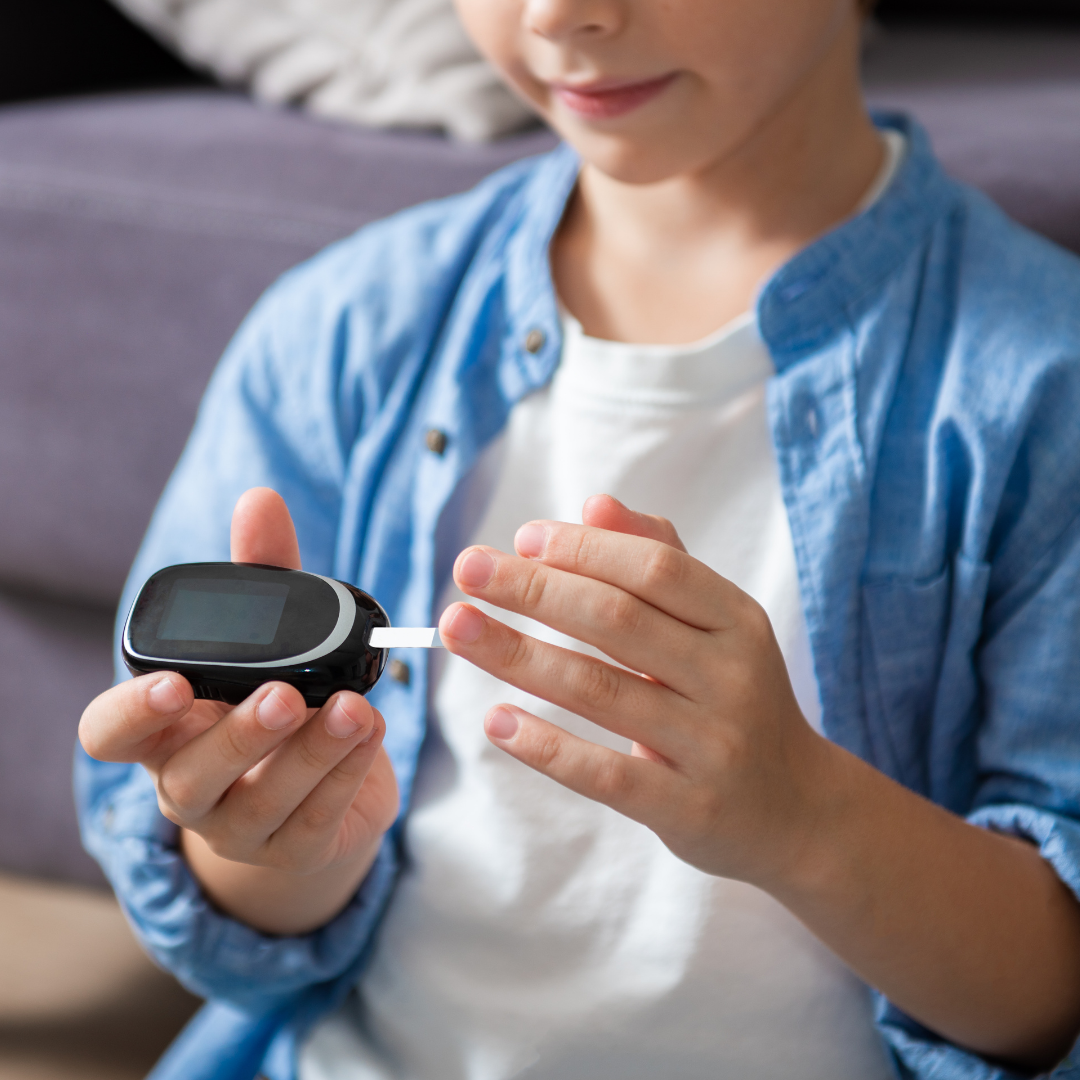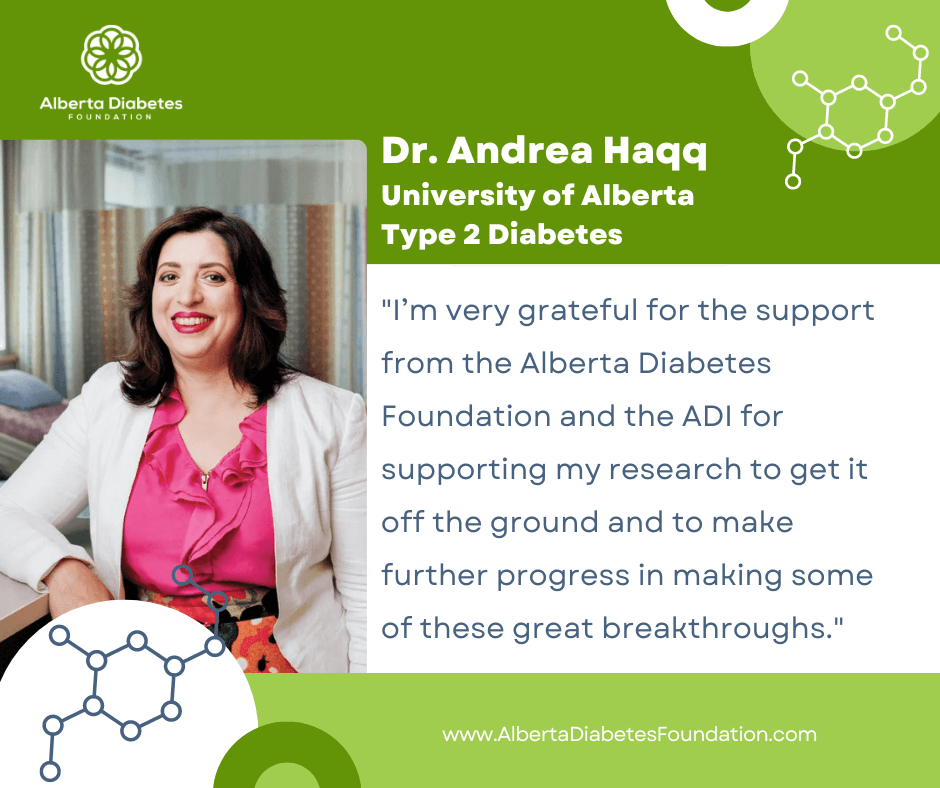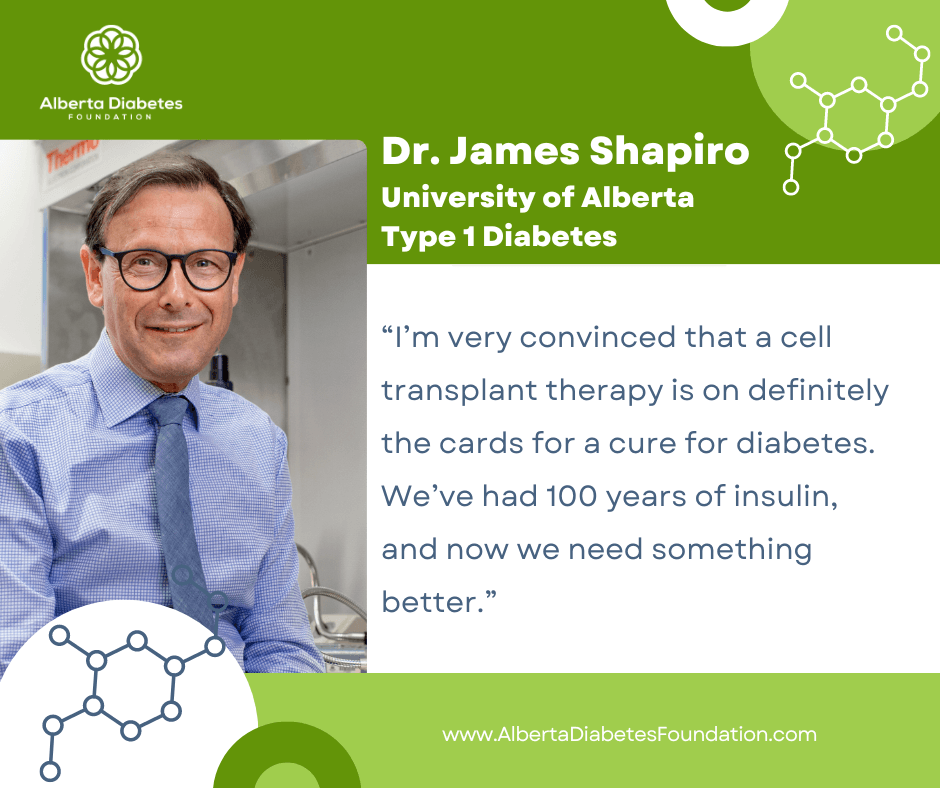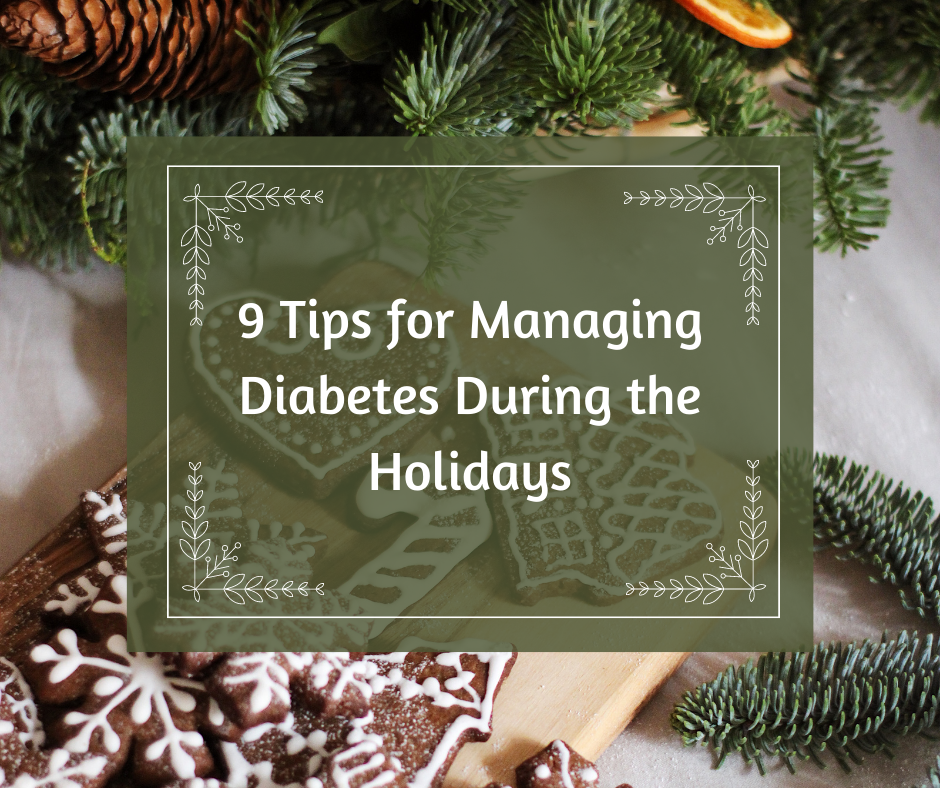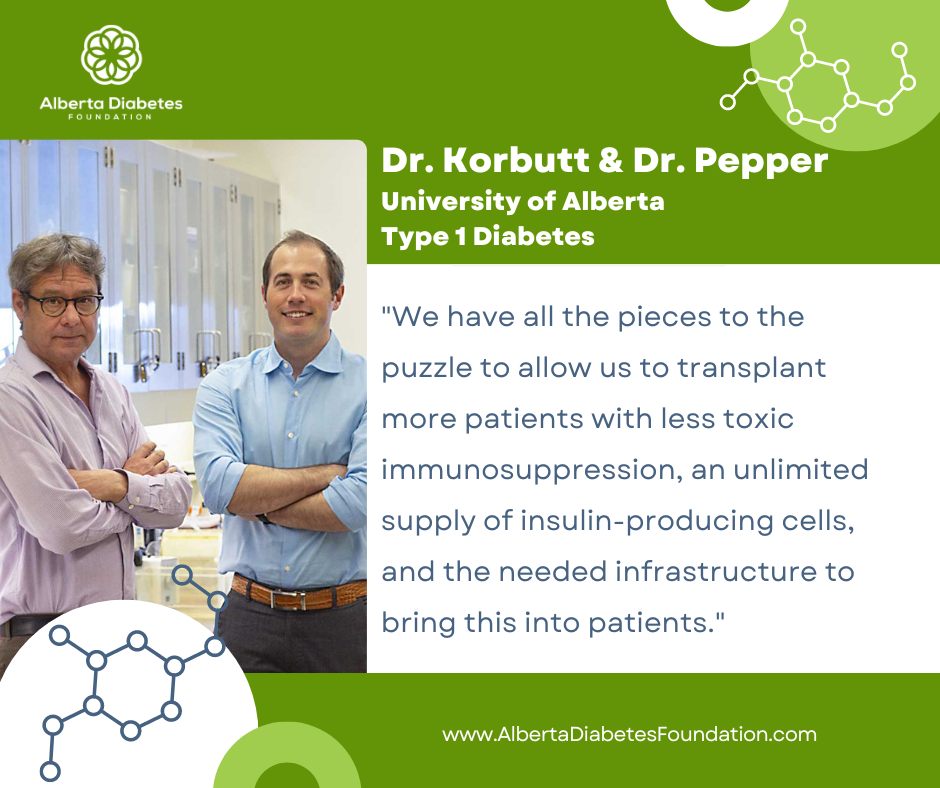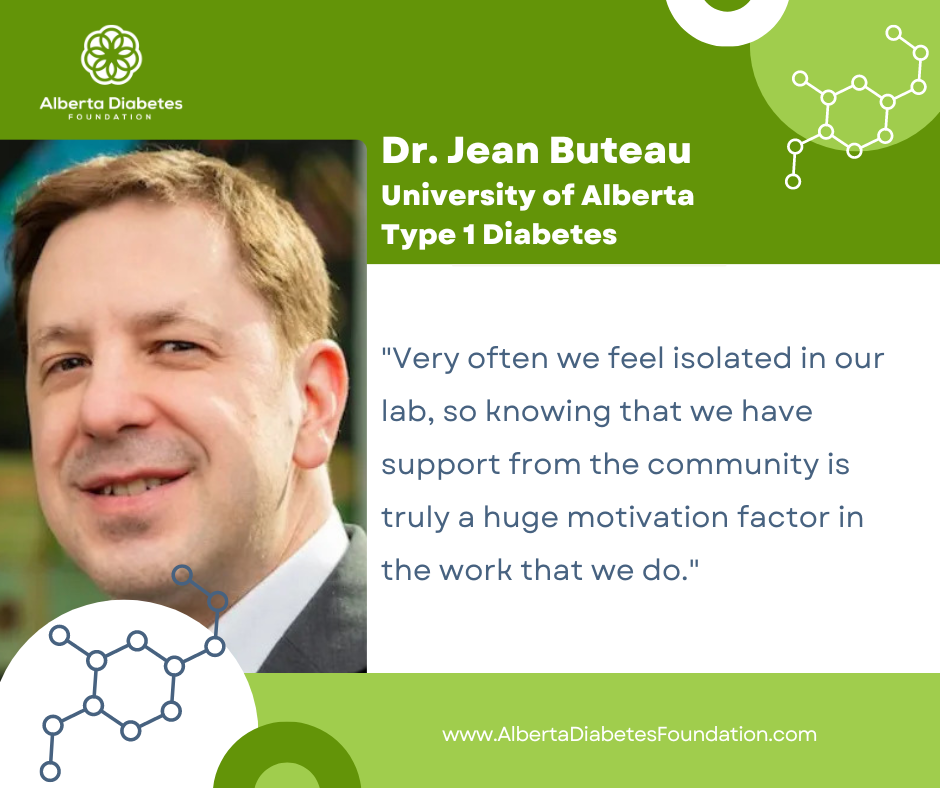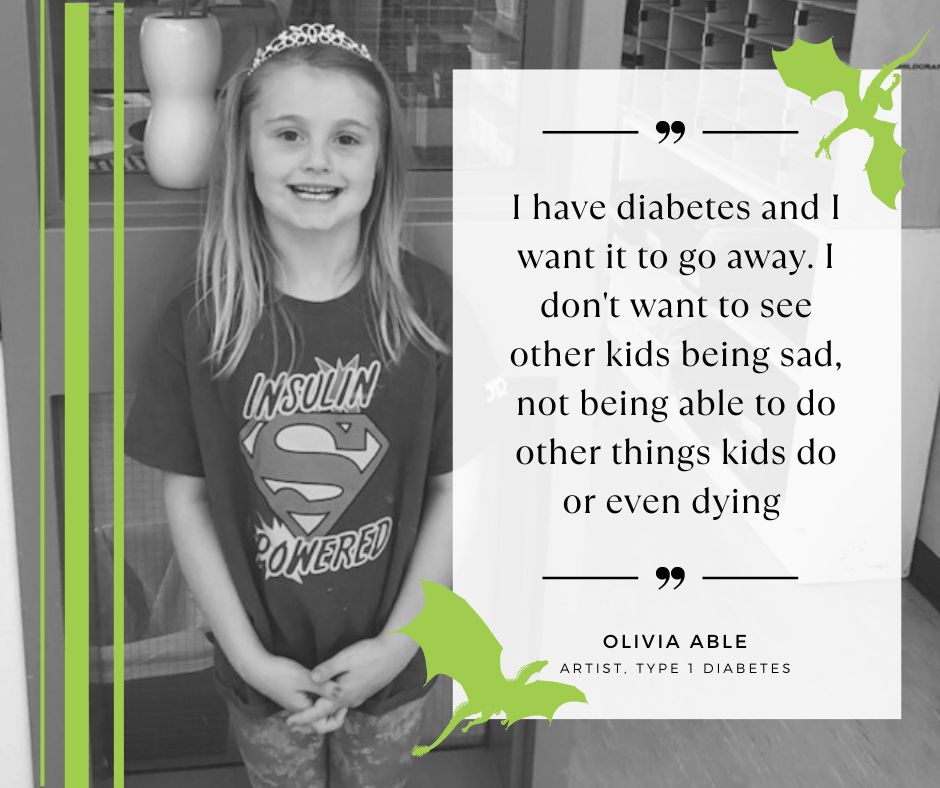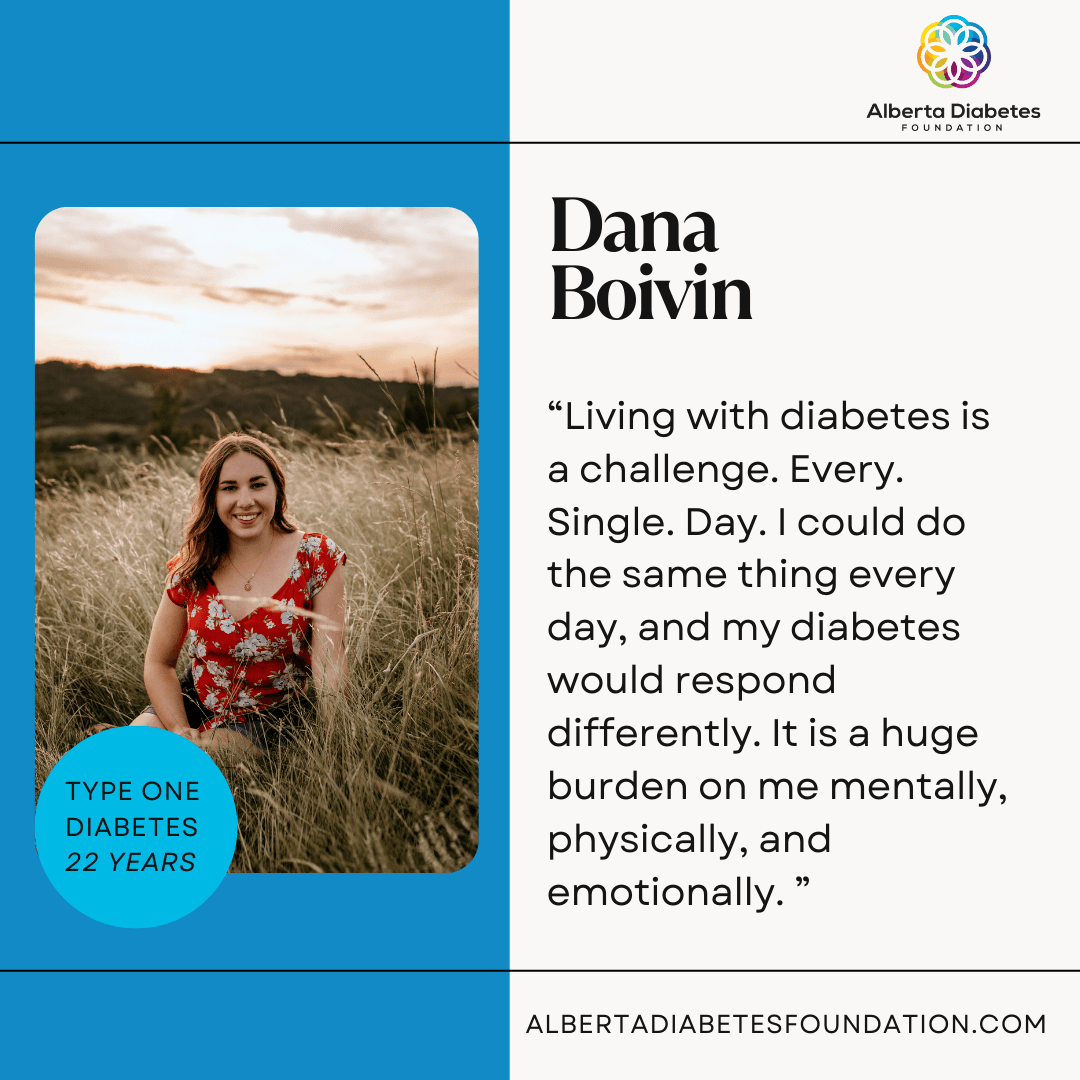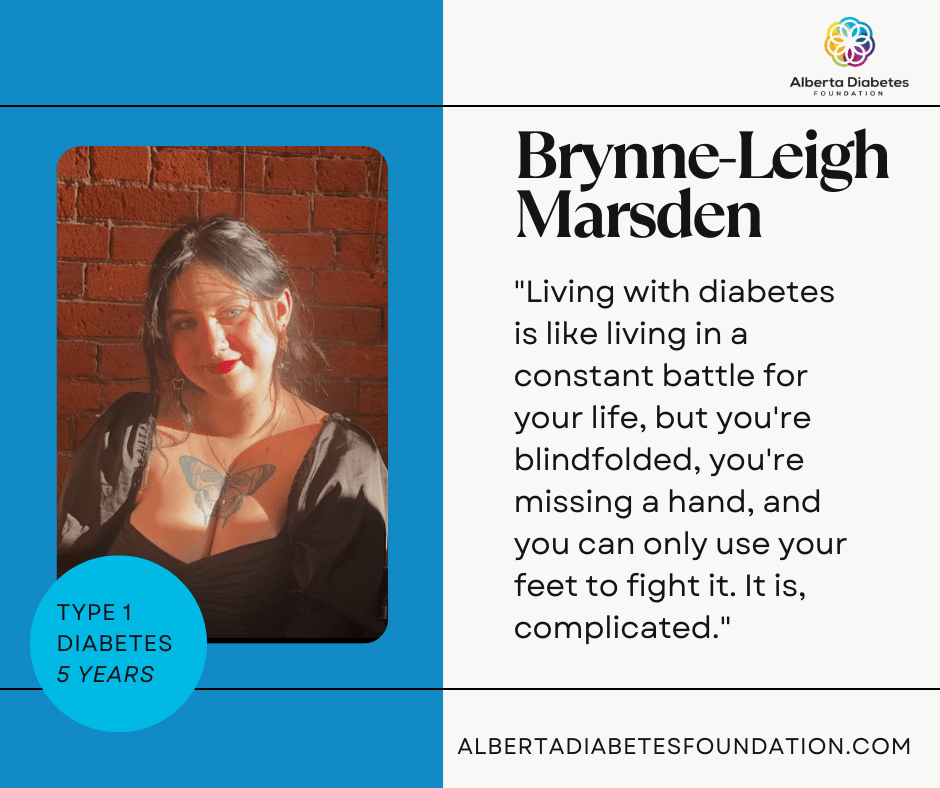Know Your Nutrients: Zinc
Post by Erika Brown
For most people, your knowledge of zinc starts and ends with the periodic table. Some don’t even get that far.

Meanwhile, inside our bodies, zinc is busier than we think, strengthening your immune system, keeping your metabolism in check and protecting cells from harmful free radicals.
I suggest it’s time we take a moment to really think about zinc and how important it is in the body.
Zinc and Your Health
It is estimated that 10 – 35% of Canadians are falling short on their zinc ( 2 ). Deficiency symptoms include fatigue, loss of appetite, taste and smell changes, impaired immune function and slow wound healing, and stunted growth in children.
Because your body doesn’t have a storage system, you need to make sure you get enough zinc every day (see chart below). Also important: because consuming too much zinc can be harmful, it’s important to have no more than 40 mg per day from foods and supplements.
| Age |
Milligrams (mg)/day |
Do Not Exceed* mg/day |
| Men 19 years and older |
11 |
40 |
| Women 19 years and older |
8 |
40 |
| Pregnant Women 19 years and older |
11 |
40 |
| Breastfeeding Women 19 years and older |
12 |
40 |
Source: Health Canada; Dietary Reference Intake Tables (2006). Accessed June 23, 2017
Zinc and Diabetes
Studies have shown that people with diabetes tend to have lower zinc levels than those without diabetes ( 3, 4 ). And because zinc has potent antioxidant and anti-inflammatory properties, getting too little could fuel some of the complications related to diabetes, like kidney disease, heart disease and cancer. For this reason, numerous studies have looked at whether zinc supplements could benefit people with type 2 diabetes, especially those who have zinc deficiency. But while preliminary results have been promising, overall evidence has been mixed ( 1 ).
Food Sources of Zinc
Zinc is found in many foods, but the best sources tend to be protein-rich foods like meat, seafood, poultry, dairy and beans and legumes. Generally, if you follow a healthy diet based on Canada’s Food Guide , you will meet your daily zinc needs.
| Food |
Serving Size |
Zinc (mg) |
| Oysters |
75 g (2 ½ oz) |
45.8 – 59.0 |
| Beef |
75 g (2 ½ oz) |
4.0 – 8.6 |
| Baked Beans |
175 mL (3/4 cup) |
4.3 |
| Pumpkin Seeds |
60 mL (1/4 cup) |
2.7 – 4.4 |
| Wheat germ |
30 mg (2 Tbsp) |
2.4 |
| Pork |
75 g (2 ½ oz) |
2.3 – 3.9 |
| Chicken |
75 g (2.5 oz) |
1.3 – 2.2 |
| Cheese |
50 g (1.5 oz) |
1.2 – 2.2 |
| Lentils |
175 mL (3/4 cup) |
1.9 |
| Yogurt, regular or low fat |
175mL (3/4 cup) |
0.7 - 1.0 |
*Adapted from: Dietitians of Canada; Food Sources of Zinc (2017). Accessed June 23, 2017.
To Supplement or Not to Supplement?
The average healthy person doesn’t need to take a zinc supplement. But those who have trouble absorbing nutrients, for example, may struggle to get enough.
Vegetarians may also need more zinc. Many vegetarian protein sources—like beans, lentils and soy—also contain phytates, which interfere with absorption. But before taking zinc supplements, always make sure to speak with your healthcare provider.
Currently there is not enough evidence to support additional supplementation for diabetes. So for now, your best bet is to make sure you eat a healthy balanced diet with a variety of protein-rich foods.
Think Zinc
Lucky for us, there are Alberta-grown, zinc-rich foods available year-round. Try these tasty tips to get more zinc in your diet this summer:
- Fire up the barbeque for some Grilled Hawaiian Beef Kabobs.
- Curried Mango Chicken Salad Wraps are a perfect addition to any picnic.
- Need to feed a crowd? BBQ’d Pulled Pork Tacos are always a hit!
- For a meal-size salad that’s loaded with zinc, try this zesty Greek Lentil Salad.
- Make a better burger by replacing the breadcrumbs in your homemade burger recipes with zinc-packed wheat germ.
References
1) Dietitians of Canada (2013). Can oral supplementation with magnesium or zinc improve glycemic control in adults with type 2 diabetes? In: Practice-based Evidence in Nutrition [PEN] . Retrieved June 22, 2017 from http://www.pennutrition.com/KnowledgePathway.aspx?kpid=674&pqcatid=144& ;
2) Health Canada; Canadian Community Health Survey (2012). Do Canadian Adults Meet Their Nutrient Requirements Through Food Intake Alone? Retrieved June 22, 2017 from https://www.canada.ca/content/dam/hc-sc/migration/hc-sc/fn-an/alt_formats/pdf/surveill/nutrition/com...
3) Islam, M. R. et al (2013). Is Serum Zinc Level Associated with Prediabetes and Diabetes?: A Cross-Sectional Study from Bangladesh. PLoS ONE, 8 (4), e61776. http://doi.org/10.1371/journal.pone.0061776
4) Vashum, K. P. et al (2013). Is dietary zinc protective for type 2 diabetes? Results from the Australian longitudinal study on women’s health. BMC Endocrine Disorders , 13, 40. http://doi.org/10.1186/1472-6823-13-40
LET'S WORK TOGETHER TO FIND A CURE.
VISIT US
1-020 Li Ka Shing Centre
University of Alberta
Edmonton, AB, T6G 2E1
Office Hours
Monday-Friday 8:30-4:00
If you would like to set up an appointment at our office, please set up an appointment by contacting us at
info@abdiabetes.com
